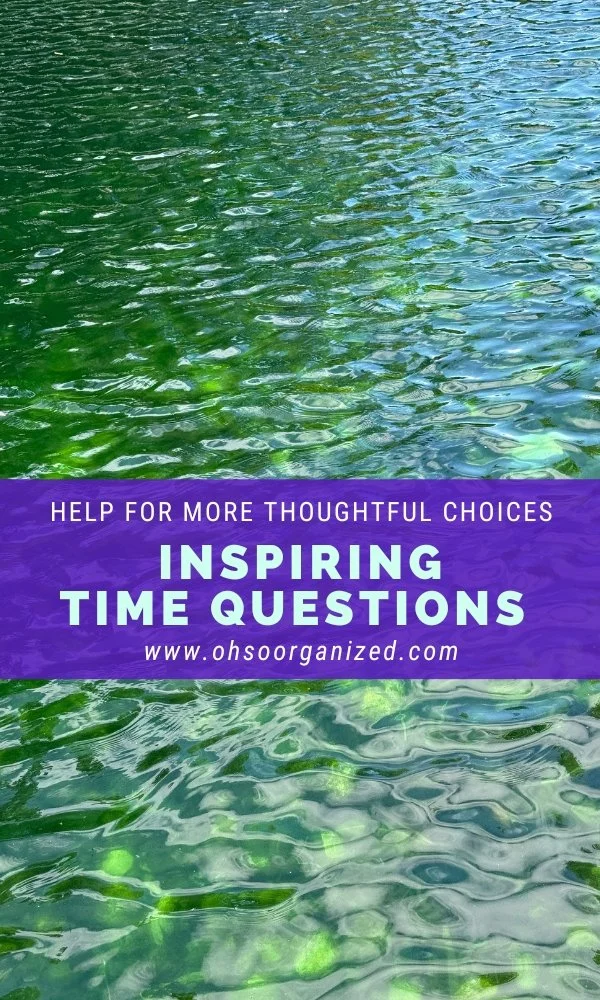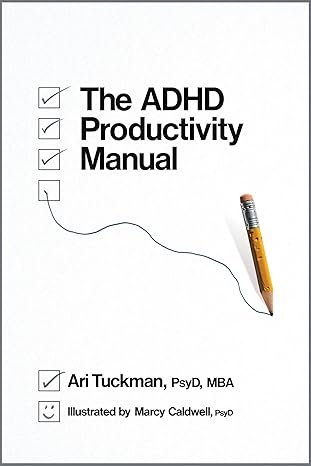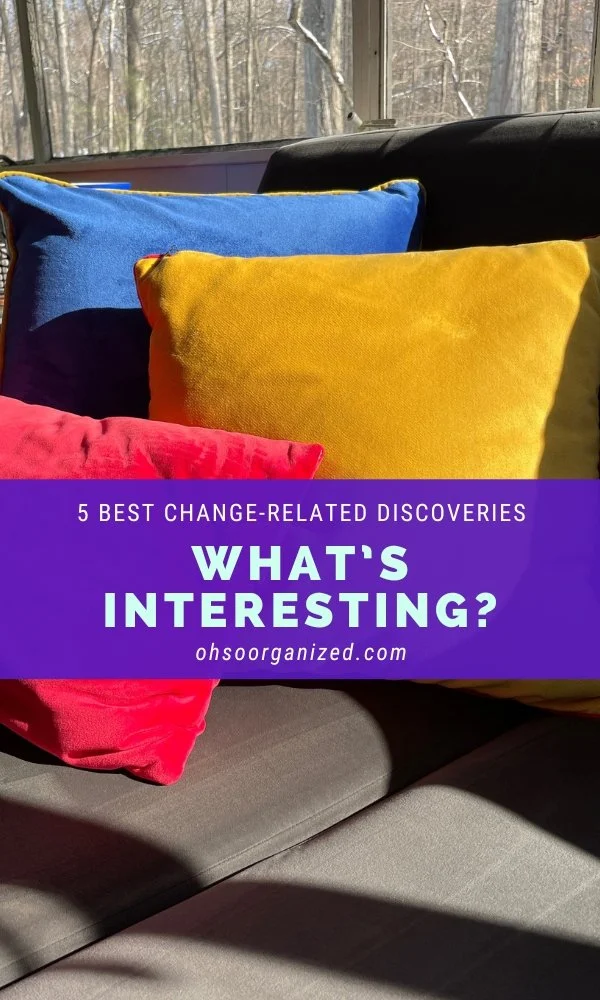The decisions you make relate to different points in time: the past, present, and future. Although you may not always view your choices this way, considering these time parameters can help reduce decision fatigue and create clarity surrounding decision-making.
Making thoughtful decisions can be challenging. Some common decision-making obstacles include:
Having too many choices
Lacking clarity
Feeling rushed
Asking unhelpful questions
Deciding when you’re exhausted
Being afraid to make the wrong choice
Any of these challenges can cause overwhelm, procrastination, or paralysis. However, when you ask questions based on time, it can cut through the noise, clarify your options, and motivate action.
1. Question to Let Go of the Past
“What’s weighing down your backpack that needs to be released?”
In a recent edition of James Clear’s 3-2-1 newsletter, he explained how “unfinished tasks” carried in your “invisible backpack” weigh you down. Many of these tasks are ones you will think you “should do,” but will probably never get around to.
Clear suggests two strategies. To “lighten the load: finish the task or let it go.” Applying a past timeframe to your decision about completing or releasing a task can help.
Consider these questions:
How long have you been worrying about and carrying these tasks with you?
Are past goals or commitments holding you back?
Which ones are no longer relevant, important, or necessary?
2. Question to Improve the Present
“What small change could you make to your surroundings that would steer you toward good habits and away from distractions?”
In another 3-2-1 newsletter, Clear encourages making tiny tweaks to your environment to support building better habits and reducing distractions. Only you know which habits you want to strengthen and which distractions are getting in your way.
Using the present timeframe idea to make proactive choices can be effective here. To do this, think about a current habit you want to build or improve. For example, let’s say you often run late to appointments. This is a source of stress for you and the people in your life. You want to be more punctual, yet find it challenging to get out of the house on time. Let’s say chronic lateness is caused by disorganization at home or your tendency to hyperfocus, which interrupts your sense of time.
Making a slight change in your environment to mitigate distractions and support a better habit could include things like:
Gather everything you need the night before
Wake up earlier to prepare
Use labeled timers to help with transitions and activation
3. Question to Imagine the Future
“What will my future-self thank me for doing now?”
In Ari Tuckman’s book The ADHD Productivity Manual, he shares one of his favorite questions posed by Stephanie Sarkis, PhD. She asks, “What will my future-self thank me for doing now?”
Let’s apply the future timeframe lens to this inquiry. While the question asks you to do something in the present, it’s in service of your future self.
Think about a goal you want to achieve. Maybe it’s organizing your legal and end-of-life papers, downsizing, or eating healthier. None of these will be realized in the future without taking action now.
Embrace the future construct. Visualize what ‘done’ will look and feel like. This will motivate you now to take action and accomplish the future results you desire.
How to Make More Thoughtful Choices?
Making wise decisions begins with asking good questions. Including a time perspective can clarify your choices. Do you consider the past, present, and future when making decisions? How does using a time construct affect you?
I’d love to hear your thoughts. I invite you to join the conversation.
How Can I Help?
Do you need support with organizing, letting go, or managing your time? I’d love to help! Virtual organizing is an extraordinary path forward – Local feel with a global reach.
Let’s talk. You can:
Email me at linda@ohsorganized.com or
Call 914-271-5673
Organizing your time and space is possible, especially with support.



















